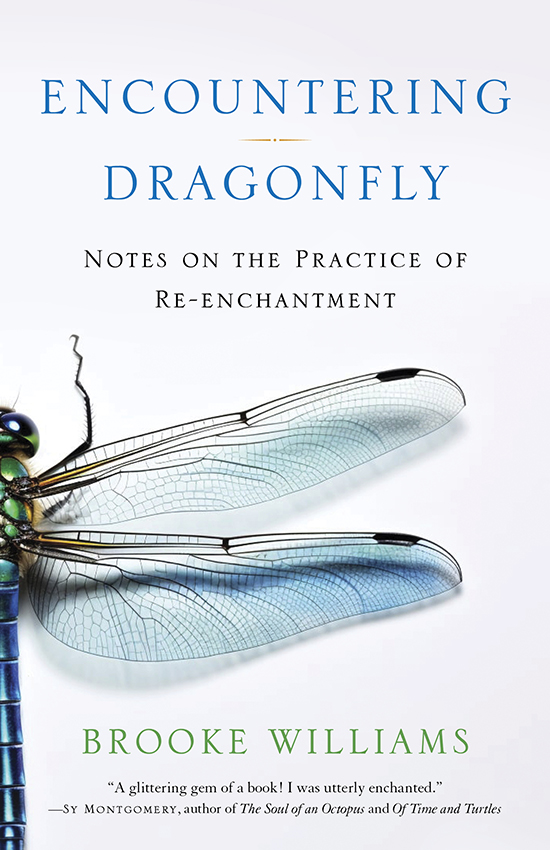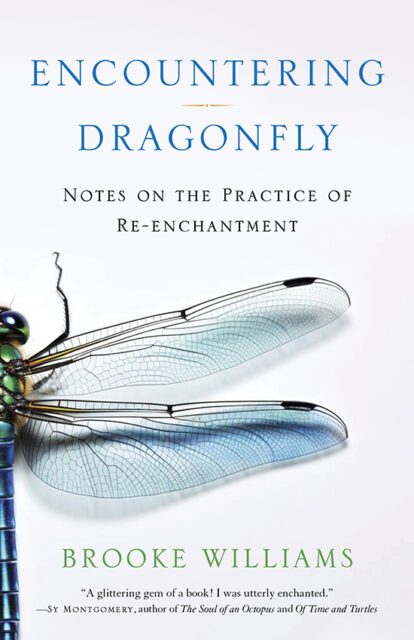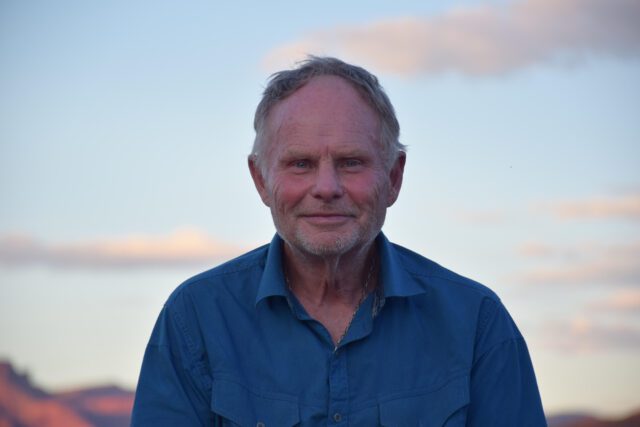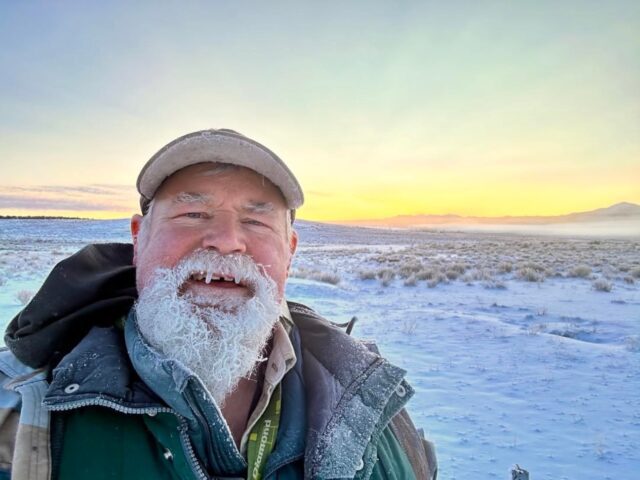
11 Jul Telluride Library: Authors Talk, Brooke Williams (with Craig Childs) Featured for”Encountering Dragonfly,” 7/16!
Join the Telluride Library for Brooke Williams in conversation with Craig Childs about Brooke’s new book,”Encountering Dragonfly-Notes on the Practice of Re-enchantment.” Event takes place Wednesday, July 16, 5:30 on the library terrace. A book-signing follows the talk.
Go here for more about Telluride Library (back to 2009).


Author photo:credit Daniel Schrag

Craig Childs, author.
Brooke Williams writes about evolution, consciousness, and his own adventures exploring both the inner and outer wilderness. His books include “Open Midnight—Where Wilderness and Ancestors Meet” (Trinity, 2107); “Mary Jane Wild—Two Walks and a Rant” (Homebound, 2020); and his newest, “Encountering Dragonfly-Notes on the Practice of Re-enchantment” (2025). He lives with three cats, a dog, and the writer, Terry Tempest Williams near Moab, Utah, where they watch the light and wait for rain.
Brooke believes the length of the past equals the length of the future. He lives with three cats, a dog, and the writer, Terry Tempest Williams near Moab, Utah, where they watch the light and wait for rain.
Encountering Dragonfly-Notes on the Practice of Re-enchantment
Following dragonflies into the territory between nature and the human psyche
Two decades ago, naturalist and environmental writer Brooke Williams had a powerful dream about a dragonfly, a dream that cracked open his world by giving rise to a steady stream of dragonfly encounters in his waking life. In the years since, he has delved deeply into the fascinating biology and natural history of dragonflies and made pilgrimages to see them – he now has 38 species on his life list – while also exploring their symbolic meaning and cultural significance.
“Encountering Dragonfly” is Brooke’s account—related in a series of odonate encounters—of being drawn into a different kind of relationship with the natural world. By opening himself to the personal and mytho-poetic meanings of dragonfly, and patiently courting an understanding of these creatures that is built upon, but also transcends, a naturalist’s observation, Brooke has come to believe in the importance of “re-enchantment.”
Many scholars believe that for most of human history we lived in an enchanted world in which myth and magic, ritual and stories and spirits informed every aspect of our lives. The enchantment ended with the Enlightenment and modernity, when reason and scientific discovery explained away the magic, commencing a commodification of nature that has flourished ever since.
Brooke’s personal re-enchantment has required a faith that material, biological reality isn’t the only reality. It recognizes symbols and archetypes as remnants of a different understanding, which may – as perhaps they always have – play a role in our long-term survival.
In many cultures, the dragonfly carries messages between the inner and outer world. For Brooke Williams the message of the dragonfly is to ask questions about synchronicity, awe and the collective unconscious, and how to engage with a world increasingly out of balance. What are the implications of following a path toward greater enchantment? In a time where engagement with the political and social realities of climate change and environmental degradation can’t possibly be valued highly enough, can we afford to choose such a path? Perhaps more to the point, can we afford not to?


Sorry, the comment form is closed at this time.